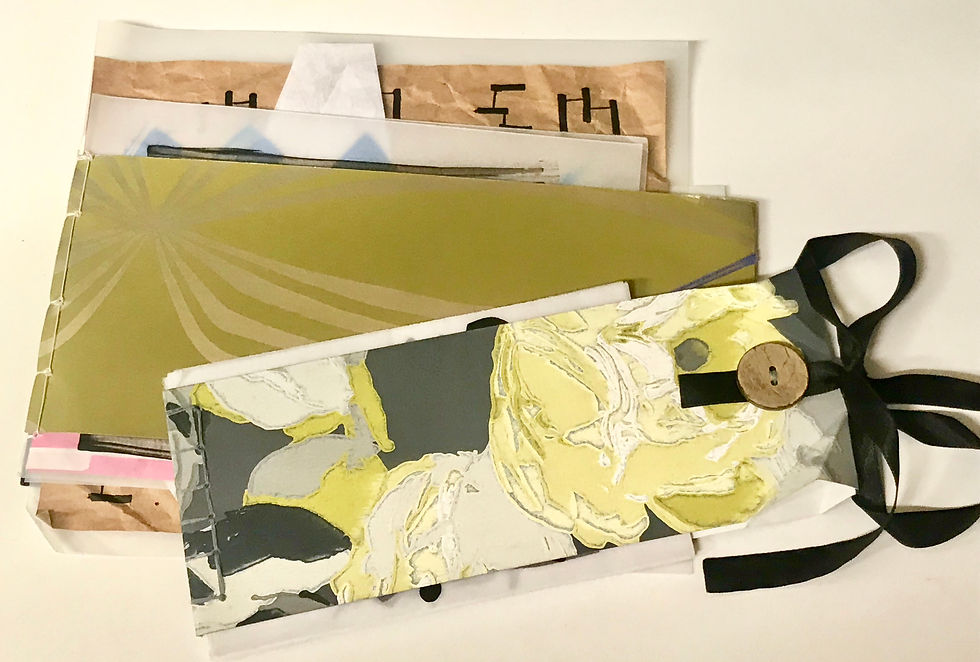Philosophy Of Teaching Statement
My philosophy of education is focused on helping the individual development of each learner in and outside the classroom walls. Getting to know the learners in my classroom is important to establish each of their needs so as to devise differentiation strategies, allowing multiple opportunities for every learner to achieve within their ability. My role as the teacher is to be a facilitator to guide and support the learner to exceed their own expectations of themselves through stimulating content and generating a creative productive environment. I provide a safe environment where learners are invited to share ideas with their peers and take risks through pushing themselves and one another.
Being a motivator is a hugely important role of a teacher, pushing learners to challenge themselves in building up their skill level and expanding their own ideas. Motivation is fundamental to the success of a lesson and ultimately the unit of learning. It must be noted motivation can be difficult to instil in learners however I have found that having a positive attitude, lots of resources available to learners and introducing them to new material, contemporary artists and exciting projects greatly helps with motivating productivity. Questioning also keeps the learners focused and this is necessary to motivate as such providing opportunities for success through differentiation is key.
I am a firm believer that a successful classroom is one where the student voice is strongly visibly, allowing for learner autonomy through taking pride and ownership over their work. Allowing for learner led exploratory learning in the art room can only be facilitated through constant reflection, discussions with learners however it is all underpinned in the teachers planning thus I am very passionate about the new Junior Cycle Visual Art syllabus. Being clear in your planning transcends into the classroom in the form of familiarising learners with learning intentions allowing them to take ownership over their work, it also highlights the crucial importance of process rather than end product which the new curriculum is aiming to achieve.
Creativity lives in the realm of unpredictability. Therefore flexibility is an underlying aspect when examining how learners adapt to a unit of learning and in their use of materials. Allowing for learners to change the direction of the work and guiding them along the process aids in concept development and is a useful skill necessary for a variety of subjects including Art.
I strongly believe no teacher is ever finished learning and developing, I therefore aspire to constantly be evolving my philosophy of education however my core value of the importance of putting the learner first will remain a central theme.
- E. Moran
Educational Practice Main Components:
Workshops
Post Primary Placement
Team Teaching
SEN Placement
Reflective Practice Journal
Visual Aids for the Classroom (VAC's)
2D, 3D and Digital Media
















Return to Home





